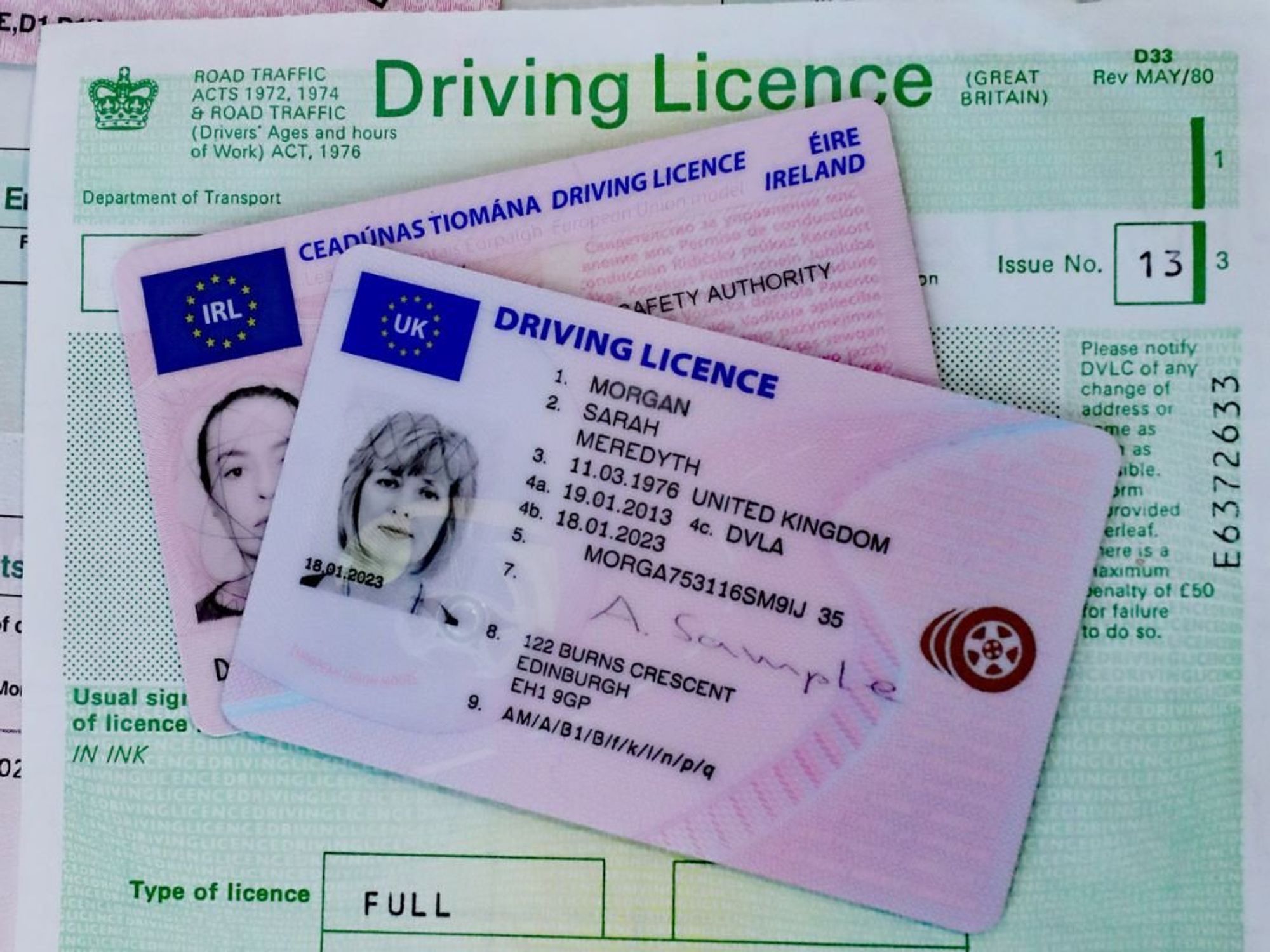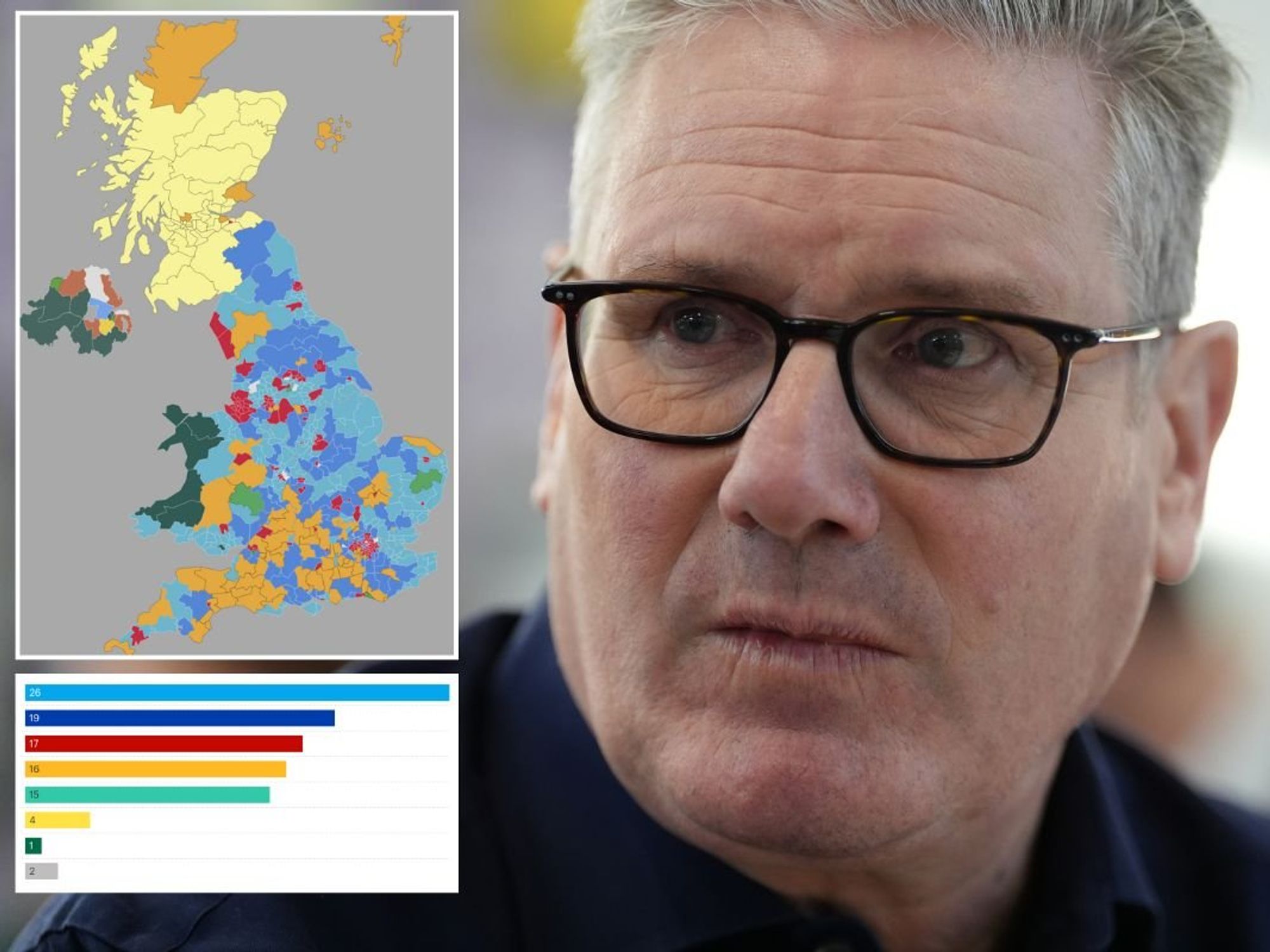Archbishop of Canterbury warns Assisted Dying bill could lead to a dystopia for the vulnerable
The Archbishop of Canterbury says that Leadbeater's legislation will set in motion a 'dangerous' precedent
Don't Miss
Most Read
Trending on GB News
The Archbishop of Canterbury has warned that new legislation on assisted dying could be the beginning of a “slippery slope”, leading to vulnerable members of the public being pressured to opt for euthanasia.
Justin Welby’s comments come as MPs prepare to debate and vote on euthanasia for the first time since 2015, when legislation in favour of assisted dying was defeated.
This time round Prime Minister Sir Keir Starmer has said that MPs can vote freely on the issue, rather than along party lines.
The head of the Church of England has offered his guidance in the lead-up, saying: “The right to end your life could all too easily – all too accidentally – turn into a duty to do so.
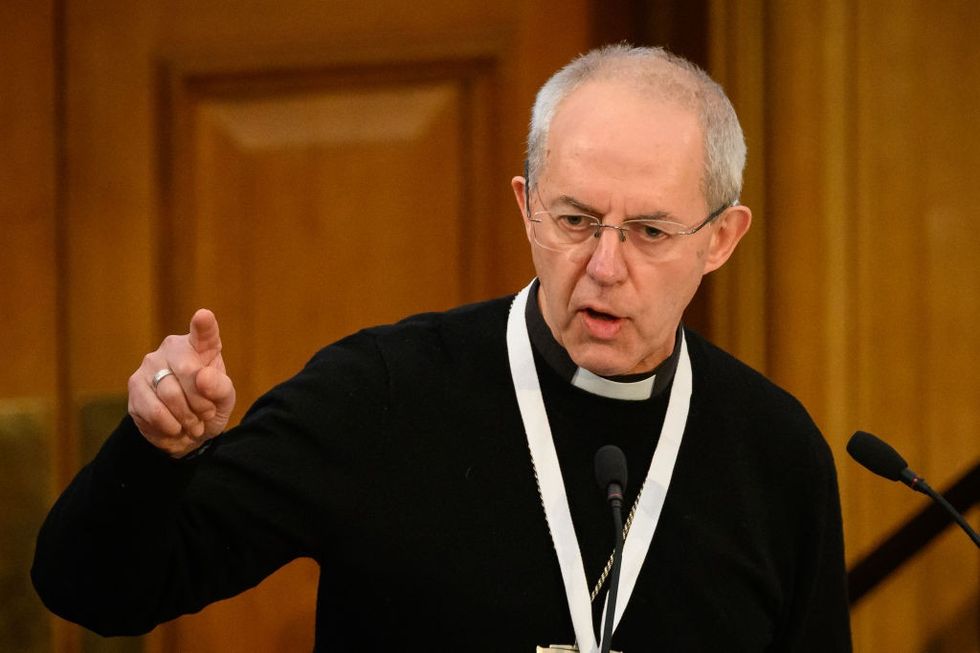
The Archbishop of Canterbury Justin Welby has spken out against the Bill
| Getty“I worry that even the best intentions can lead to unintended consequences, and that the desire to help our neighbour could, unintentionally, open the door to yet more pain and suffering for those we are trying to help,” he wrote in the Daily Mail,
While acknowledging that many of the arguments around assisted dying come from a place of “compassion”, the archbishop feels that changing the law would force everyone to make a choice on whether they should go on living and that some people may feel pressured to say no.
He continued: “I don’t want the people I love – or anyone, for that matter – to be made to feel a burden in their final months on earth.”
The Bill was introduced by MP for Spen Valley, Kim Leadbeater MBE, who feels that it would be a boon for those whose suffering cannot be alleviated by care.
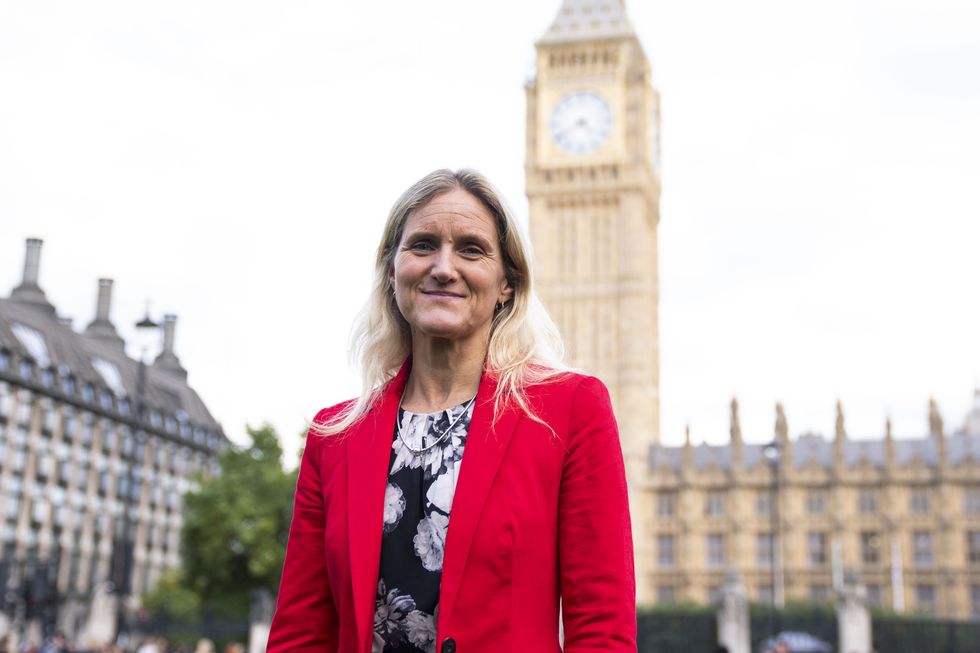
Kim Leadbeater is bringing forward the Assisted Dying Bill later this year
|PA
There are “too many people as they come to the end of their life continuing to suffer in often unbearable pain and fear of what is to come, denied the choice they deserve,” Leadbeater wrote in the Guardian.
The last time legislation was brought before parliament Keir Starmer voted in favour of the issue, although the legislation was defeated by 330 votes to 118.
A group of 24 palliative care doctors have written to Leadbeater in protest, questioning the motives behind such legislation.
They have written: “Currently, hospices are funded predominantly by charitable donations; funding is dwindling and costs rising, consequently hospice beds are closing. It hasn’t gone unnoticed that assisted dying is financially a cheaper solution than providing holistic care to those who are dying.”
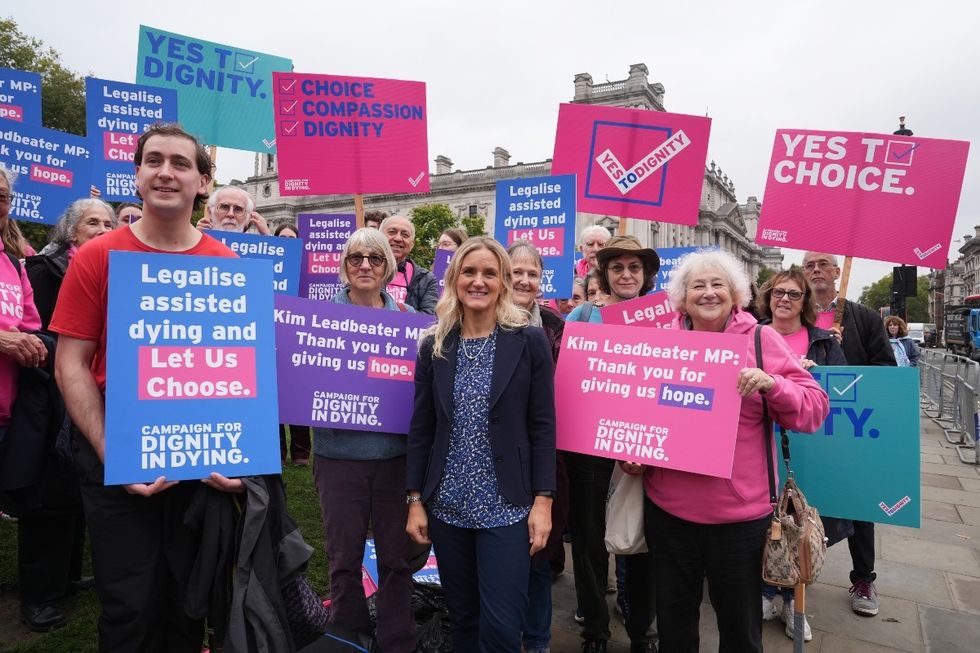
Protesters gather to support assisted dying
|PA
The archbishop is concerned that legislation would bring incentives to enact assisted dying into the health system, warning that it “risks bringing about for all medical professionals a slow change from a duty to care to a duty to kill”.
Instead of assisted dying, the archbishop, who has described how his mother worried about being a burden before she died last year at age 93, advises that the Government should spend more money on funding palliative and hospice care.
He said “Dying in pain is not inevitable. Good palliative care can provide us with the dignity and compassion we are all searching for.
“My mum’s last days were eased by advice and medication from a hospice.
“She died peacefully, heavily sedated and deeply loved. That, to me, is dignity in dying.”

Practices like Dignitas in Switzerland use drugs such as Pentobarbital, which can cause death within 15-30 minutes.
|Wikimedia Commons
The Archbishop is also concerned that those in abusive relationships or with disabilities and mental health issues may feel obliged to undergo assisted suicide.
He said: “But even where there is no abuse, the pressure to end one’s life early could be intense and inescapable if the law were changed.”
He added: “The Bible tells us that our society is judged by how we care for the vulnerable – the orphan, the widow, the stranger.”
Assisted dying has been legalised around the world, including in Canada, Switzerland, and some states in the US.
Practices like Dignitas in Switzerland use drugs such as Pentobarbital, which can cause death within 15-30 minutes.
In Oregon, where assisted suicide was legalised in 1997, laws have changed to broaden the criteria under which patients can opt for euthanasia.
The archbishop says that half of people who opt for assisted suicide in Oregon cite the fear of being a burden as part of their motivation.
The archbishop finished: “Once the law is changed, I fear there is no going back.”






